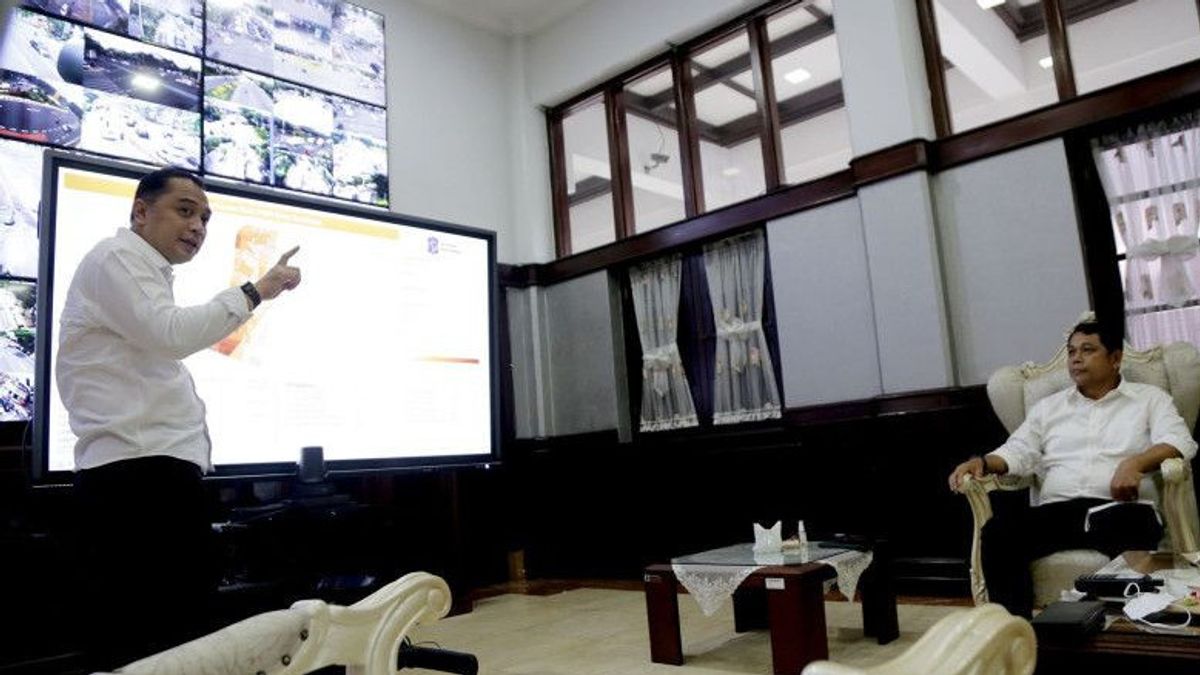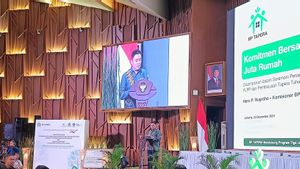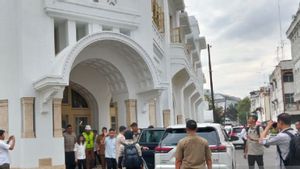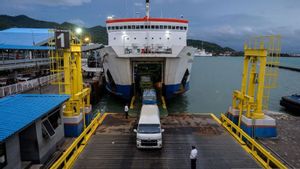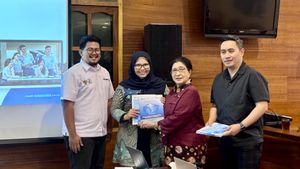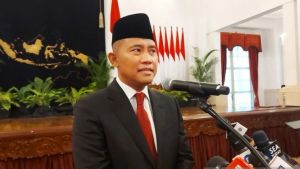SURABAYA - The Surabaya City Government targets the number of low-income people (MBR) in the City of Heroes, East Java, to decrease from 976 thousand MBR to 300 thousand MBR by the end of 2022.
"To realize this target, the Surabaya City Government is synergizing with the Central Statistics Agency (BPS) of East Java Province regarding the mapping of pockets or maps of the distribution of MBR households in Surabaya," said Surabaya Mayor Eri Cahyadi when presenting MBR data to the Central Statistics Agency (BPS) East Java. in Surabaya reported by Antara, Wednesday, April 27.
According to him, based on the presentation of Surabaya MBR data, which consists of individual data and household data, it is known that there are still incomplete data. So, he continued, to resolve this, after the joint leave and Eid holiday 1443 Hijriah, the city government will speed up the process of updating or updating data.
"We will determine a timetable for updating MBR data with a target for completion in July. This is to make it easier for us to know the position or condition of MBR. For that, we will provide training to data updating officers before going to the field," he said.
For that, he continued, the Surabaya City Government will coordinate with BPS East Java to prepare data collection materials, IT planning, selection of data collection officers and others.
"God willing, after it is finished, apart from being able to provide intervention to MBR, we can also find out if there are families who are stunted or malnourished. So, the 2023 budget can be right on target," he said.
Meanwhile, Head of the Central Statistics Agency (BPS) of East Java Province, Dadang Hardiwan, explained that regarding the presentation of the bag mapping or distribution map of MBR households in the city of Surabaya, several stages of activities had been carried out.
The first stage of the activity starts from storing MBR data, namely preparing (checking the content) MBR data consisting of individual data and household data. Second, perform calculations using the PMT (Proxy Means Test) method, which will obtain the level of welfare. This is because the completeness of data entry affects household welfare.
Third, mapping the pockets of MBR and poverty in the city of Surabaya, the results of calculating the level of household welfare are used to obtain pockets (MBR and poverty) in the city of Surabaya.
In preparing the MBR basic data, there are two important data, namely individual data and household data. For individual data for the City of Surabaya, there are 973,643 people and there are 101,441 data that do not have complete attributes (only names and identity codes, such as diplomas and employment opportunities). Meanwhile, for household data, there are 286,817 including MBR households that have complete attributes.
"Then we must intervene with collaboration between regional apparatus (PD). Intervention efforts to target MBR residents include improving human quality, economic productivity, social protection, and quality of settlements. Because, there needs to be data accuracy in realizing mutual cooperation towards an advanced, humanist, and sustainable world city," he said.
To realize the target of the Surabaya City Government in the poverty alleviation program, BPS East Java will accompany the implementation of data updates, especially individual data that is incomplete.
"We will provide assistance or guidance on how to produce good data. Furthermore, we will discuss or coordinate related to the wishes of the Surabaya City Government and what data we need to prepare," he said.
The English, Chinese, Japanese, Arabic, and French versions are automatically generated by the AI. So there may still be inaccuracies in translating, please always see Indonesian as our main language. (system supported by DigitalSiber.id)
